Calling all thinkers, dreamers, innovators, and scholars.
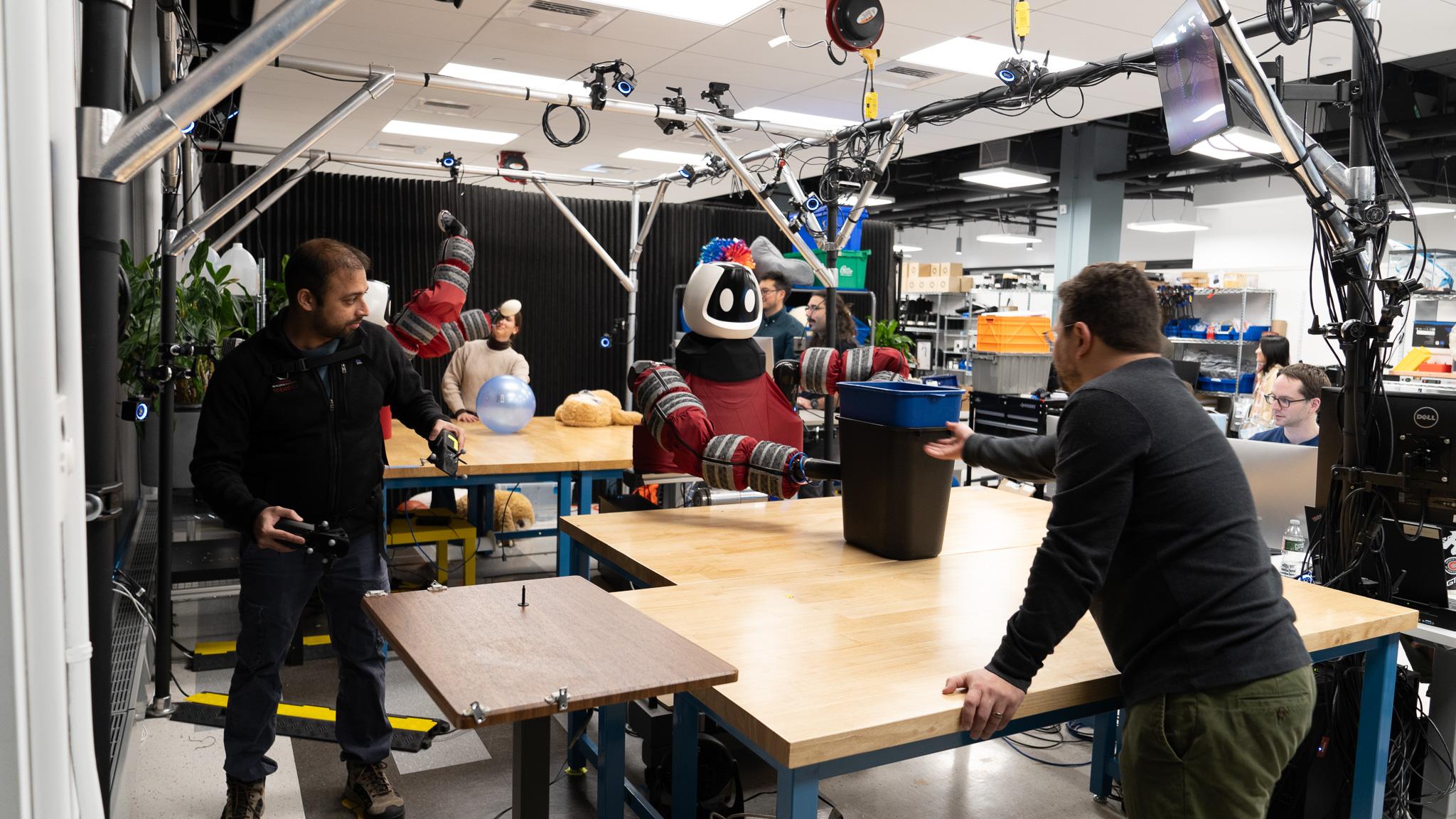
Accelerating the path to carbon neutrality by innovating in the research, manufacturing, and adoption of emission-free vehicles. Learn More .
Using AI to build a deep understanding of human behavior and interactions to aid decision-making. Learn More .
Accelerating the path to build an intelligent vehicle which places the human at the center of a superior driving experience. Learn More .
Developing human amplification robotic capabilities and tools to address challenges of aging society, labor shortage, and sustainable production. Learn More .
Inspiring and enabling technological advancement across Toyota. Learn More .
Enabling critical research to improve the human condition. Learn More .
We provide a highly competitive benefits package with robust programs to support the well-being, happiness, and health of our team and their families.
- 401(k) plan, including matching and annual profit sharing
- FSA pre-tax
- Medical, Dental and Vision plans
- Commuter benefits
- Vehicle leasing program
We're committed to supporting all new parents, including those who choose to adopt.
- 16-26 weeks of paid parental leave
- Milk Stork benefit for traveling parents
- Back-up child and elder care programs
- Gender-affirming care and fertility benefits
- Pet insurance
- Life insurance
We're committed to providing excellent work-life balance, ensuring that you're able to recharge and bring your best self to work.
- 4-day workweek, with every Friday off
- Flexible hybrid work model
- 4 weeks of paid vacation per year
- Generous holiday time off schedule
We believe that health and wellness come first, so we offer programs to improve your body and your mind.
- Monthly well-being stipend
- On-demand fitness, nutrition, and mindfulness videos
- Employee assistance program for mental healthcare
- Learning and development programs to advance your career
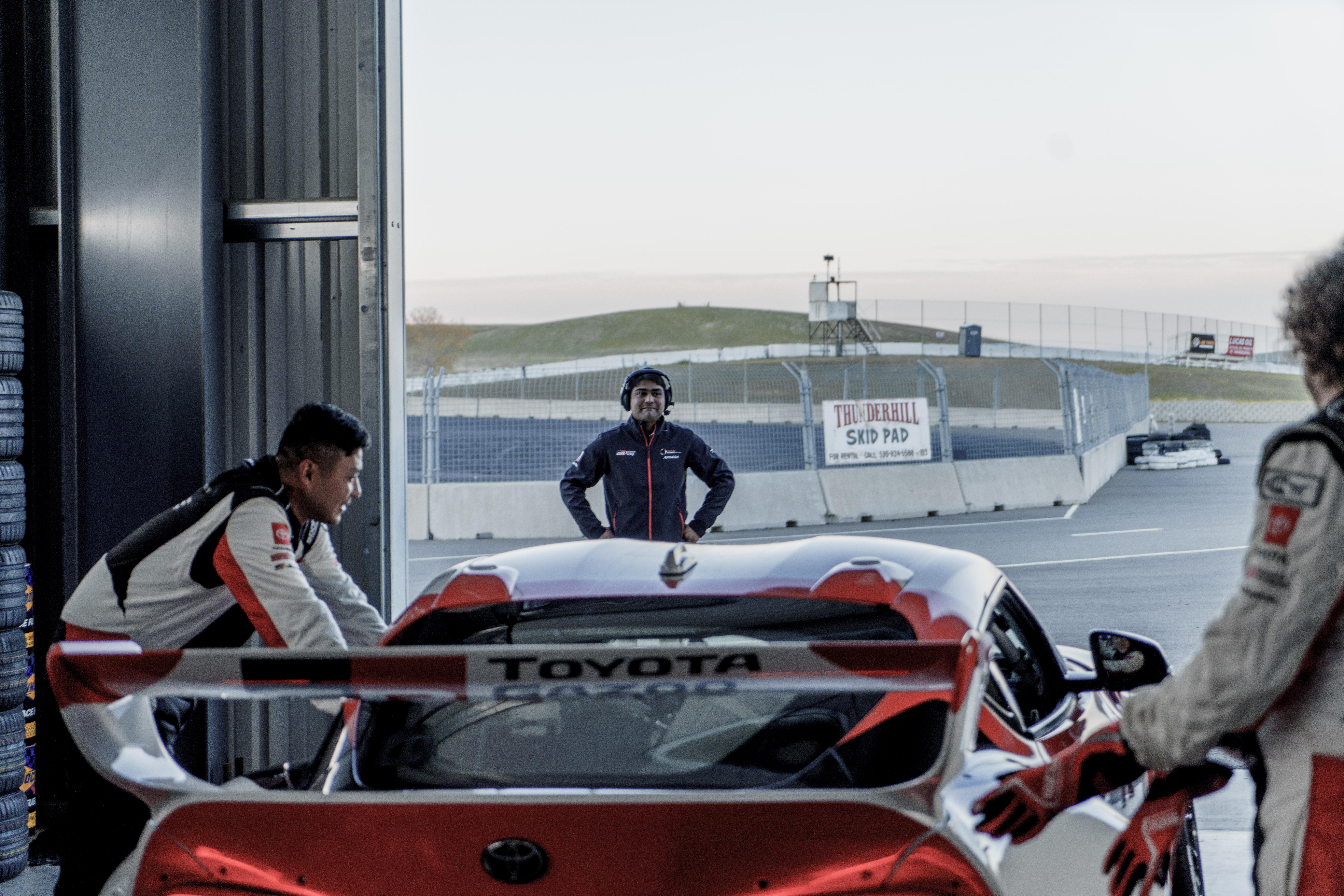
We're developing technology with the goal to prevent car crashes even in the most extreme circumstances. Watch our researchers demonstrate how.
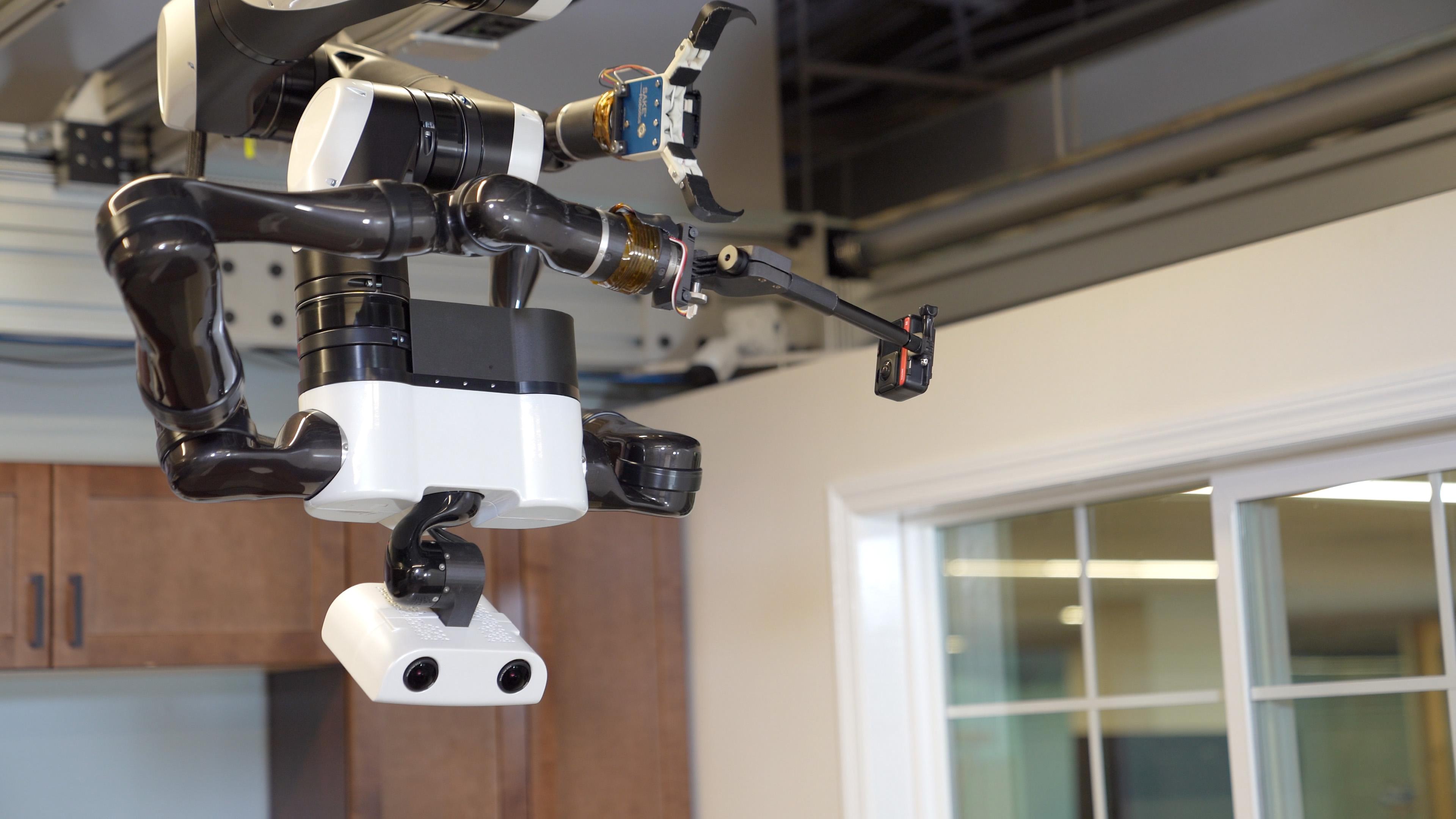
Even our robots like to take selfies. Learn more about it here.
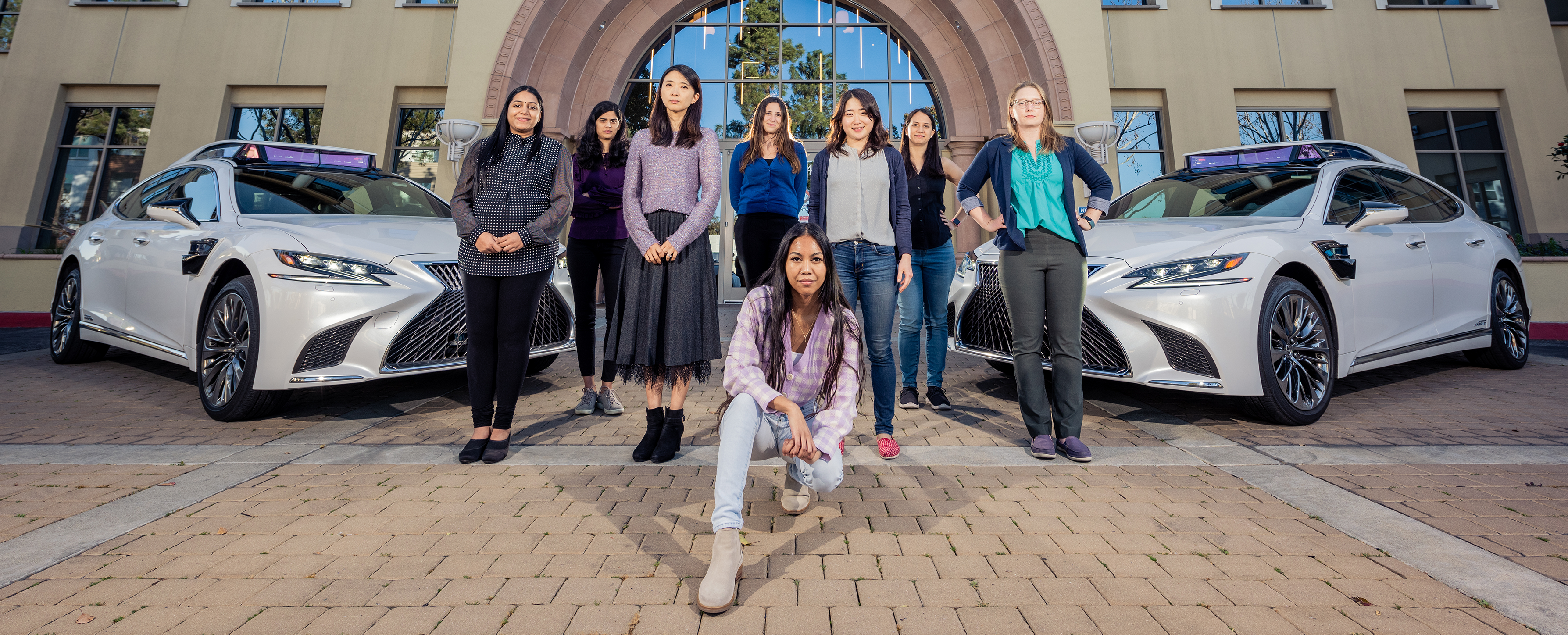
Working to change the image of women on the internet, TRI participated in the Women In Robotics Photo Challenge. Learn more about the photo challenge.
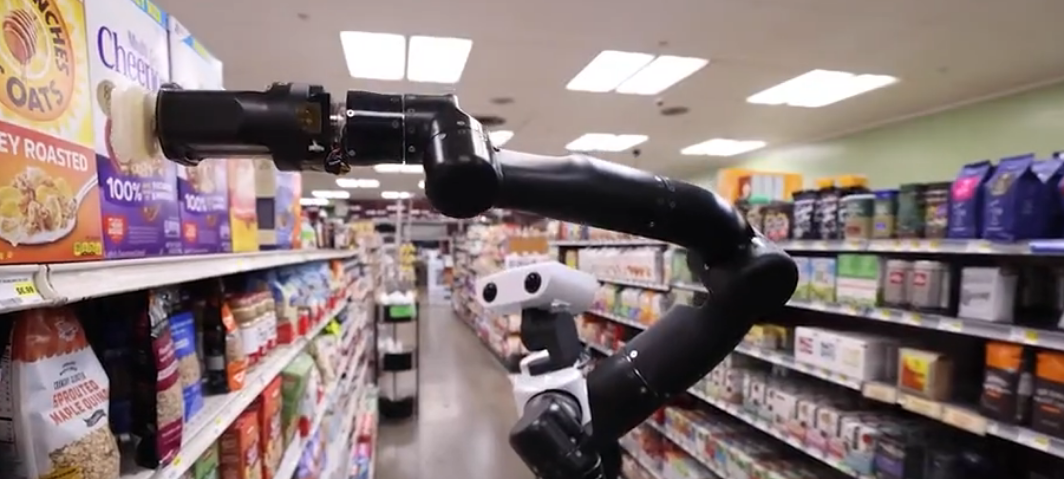
At TRI, we are training the next generation of robots to be truly useful to people by operating in complex environments. Watch our robots here.
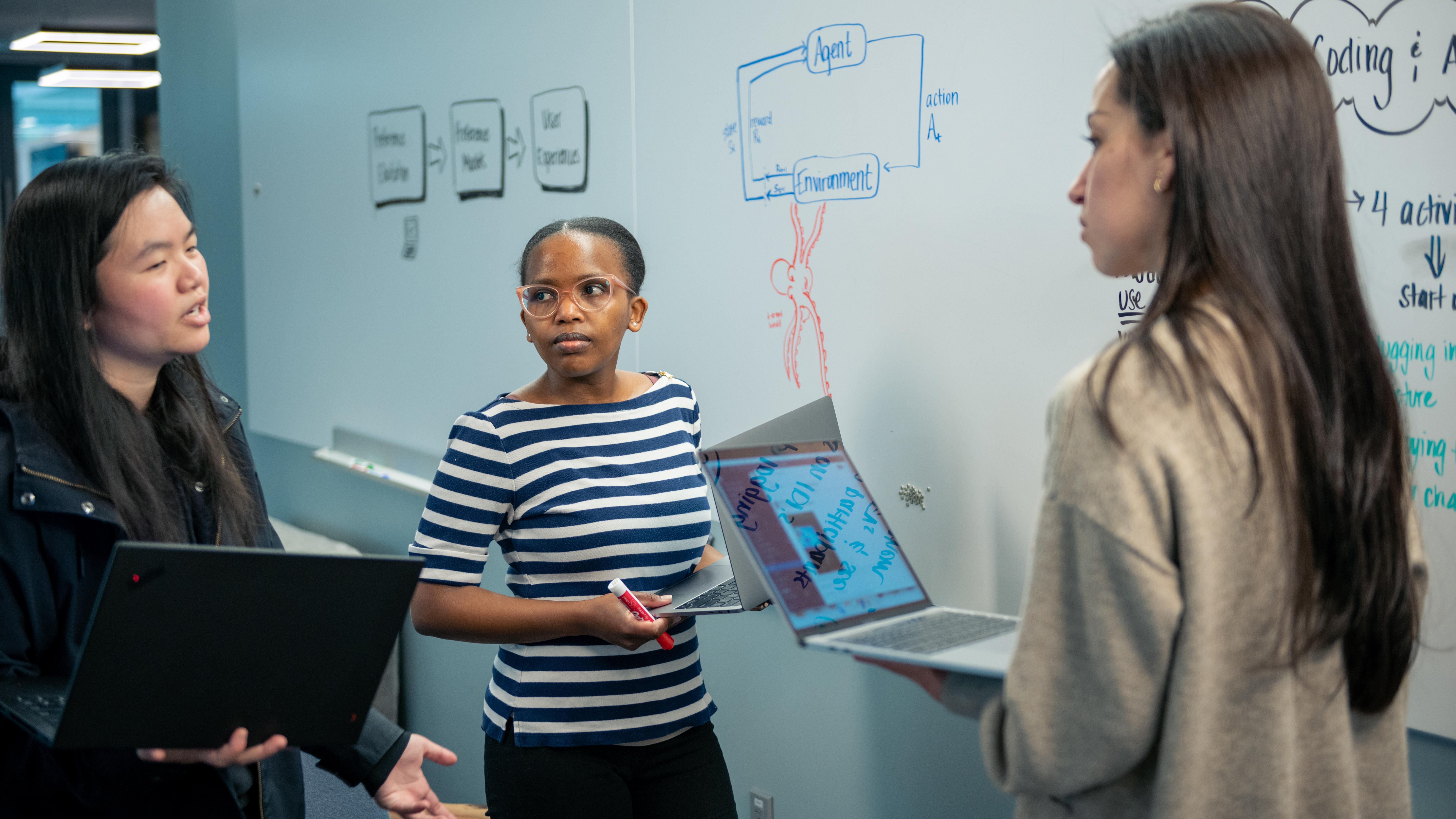
TRI's Women and Nonbinary Roboticists and Technologists Building the Way Forward .

We are continually searching for the world's best talent.
Enjoy the best of both worlds. A fun start-up environment with brilliant people who enjoy solving tough problems and the financial backing to successfully achieve our goals.
"Start your Impossible" with us.
- Plug-in Hybrid
- Crown Signia
- Grand Highlander
- Land Cruiser
- Concept Vehicles
- Historic Vehicles
- 2025 Toyota 4Runner
- CALTY 50th Anniversary
- 2024 Toyota Land Cruiser
- 2024 Toyota Tacoma
- New Product Showcase
- Los Angeles
- Global Shows
- What’s New for 2025
- What’s New for 2024
- What’s New for 2023
- What’s New for 2022
- Images & Videos
- Latest News
- Sales & Financial
- Voluntary Recalls
- Takata Info
- Environmental
- Community Engagement
- Diversity & Inclusion
- Finance, Insurance & Banking
- Advanced Technology
- Research & Development
- Safety Technology
- Motorsports
- Company History
- Executive Bios
Media Contacts
- Takata Recall
Home > Innovation > Research & Development

Toyota Research Institute Invests Over $100M in Collaborative Research Program with U.S. Universities
Partnerships with MIT, Stanford, Columbia, and others address some of the world’s greatest challenges, including aging society, climate change, and human understanding
LOS ALTOS, Calif. (May 15, 2023) – Toyota Research Institute (TRI) today announced the latest results of its collaborative research program with U.S. academic institutions. This initiative has funded $100M of research and generated over 1250 paper submissions since its inception in 2016, making it one of the largest collaborative research programs by an automotive company in the world.
The program expanded during 2022 to include 21 university partners and 61 projects focused on energy and materials, human-centered artificial intelligence, human interactive driving, machine learning, and robotics.
“We are deeply satisfied with the results of our partnerships with this outstanding group of institutions and researchers,” said Eric Krotkov, who leads the university research program. “We believe that collaboration is the key to tackling society’s biggest challenges and are confident that this program will continue to achieve new breakthroughs.”
Each project consists of a TRI researcher working with a university team in a close collaboration bridging academia and industry.
“TRI’s collaborations with universities bring a wealth of knowledge and new ideas to our research efforts,” said Brian Storey, senior director of energy and materials at TRI. “This program both helps us create innovative technologies and fosters the next generation of innovative leaders.”
The last year alone saw three papers win awards at the Robotics: Science and Systems Conference (RSS). Some project highlights from the program include:
Robotic arms use an active airflow to manipulate deformable objects
Advanced Robotic Capabilities
The Columbia Artificial Intelligence and Robotics (CAIR) Lab led by Computer Science Assistant Professor Shuran Song partnered with TRI to develop robotic capabilities that can handle deformable, non-rigid objects that can fold, bend, and change shape. These advancements were successfully tested by having robots fold laundry and manipulate flexible bags. Her team won a Best Paper Award at RSS 2022 for developing an algorithm called the Iterative Residual Policy (IRP), a general learning framework for repeatable tasks with complex dynamics.
“Working with TRI has been an incredible experience. The partnership has allowed us to leverage industry-level resources, which have been critical in driving our research forward,” said Shuran Song. “I am honored to have the opportunity to work with such a great team, and I am excited to see what we can accomplish together in the future.”

Inductively coupled plasma (ICP) setup for materials research
Fuel Cell Catalyst Durability
Both hydrogen fuel cell vehicles and hydrogen electrolyzers require catalyst materials that utilize expensive and rare elements such as platinum and iridium. A long-standing challenge is to find replacement materials that use more abundant elements. However, all proposed alternatives don’t last long in an operating environment before they dissolve. The laboratories led by Professor Thomas Jaramillo at Stanford University and Associate Scientist Michaela Burke Stevens at the Stanford Linear Accelerator Center (SLAC) are working with TRI researchers to create data-driven theories of catalyst durability by using a novel experimental technique that enables real-time measurement of even the smallest amounts of dissolving materials.

Researchers from TRI and universities meet at an annual workshop
Computational Governor
Professor Ilya Kolmanovsky’s research team at the University of Michigan developed a governor architecture that could be used to speed up the execution time of a model predictive control (MPC) control system solution. TRI researchers collaborated on and took inspiration from this project to create a solution for Toyota Motors that solves a vehicle controller problem where sudden changes to setpoints would cause unresponsiveness.
“I believe our project is an exemplar of how TRI combines industry and academic knowledge, expertise, and capabilities to develop solutions that ultimately lead to real-world impact,” said Ilya Kolmanovsky. ”This is, without any doubt, one of the best research collaborations that I have ever had.”
TRI plans to continue the program into 2024 with new additional high-risk, high-reward projects to accelerate the development of key technologies for Toyota.
Learn more about TRI’s research efforts on Medium .
Related Media
Related images.
About Toyota Research Institute
Toyota Research Institute (TRI) conducts research to advance energy and materials, human-centered artificial intelligence, human interactive driving, machine learning, and robotics. Led by Dr. Gill Pratt, TRI’s team of researchers are developing technologies to amplify human ability, focused on making our lives safer and more sustainable. Established in 2015, TRI has offices in Los Altos, California, and Cambridge, Massachusetts. For more information about TRI, please visit http://tri.global .
Wendy Rosen Senior Director of Communications [email protected]
- + Select All
- - DeSelect All

TRI_University_Partnership_HeroImage_Updated

TRI_University_Partnership_Workshop

TRI_University_Partnership_ICP
Tri_university_partnership_robot, related stories.

Four Reasons Why You Should Subscribe to Newsroom Connection


Toyota Research Institute Opens its Doors for the First Time for an Uncommon Look at How Technology Can Help Solve Society’s Biggest Problems

Toyota’s Collaborative Safety Research Center Adds Four New Projects to Latest Five-Year Research Phase
Email sign up.
Enter your email address below to sign up for email alerts.
* Indicates Required
Thank you for subscribing. Please check your email to validate your sign up.
You are already subscribed, your mailing lists have been updated.
Copyright Notice
All materials on this site are for editorial use only. The use of these materials for advertising, marketing or any other commercial purpose is prohibited. They may be cropped but not otherwise modified. To download these materials, you must agree to abide by these terms.

Toyota Research Institute, Inc. (TRI-CAM)
(Los Altos, CA - 152, Cambridge, MA - 60)
Employment 16
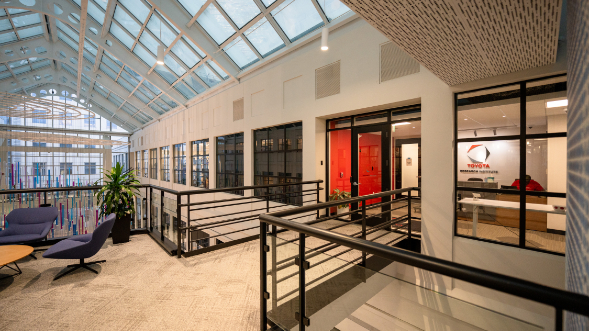
Established in 2015, TRI is a research and development enterprise with headquarters in Los Altos, California, and a facility in Cambridge, Massachusetts. Designed to bridge the gap between fundamental research and product development, TRI’s mission is to create new tools and capabilities focused on improving the human condition through research in energy & materials, human-centered AI, human interactive driving, machine learning, and robotics.
One Kendall Square Building 600, Suite 6-501 Cambridge, MA 02139
http://www.tri.global/
Cookie Consent
We use the following categories of cookies on our website:
Necessary and Performance Cookies
Necessary cookies are essential to provide you with the website’s core functionality. Performance cookies collect information about the performance of our website and how our website is used (e.g., basic site usage analytics, such as number of visits and time spent on the site).
Functional Cookies
Functional cookies enable us to provide enhanced website functionality, including Local Specials, Offers, Dealer Locator, etc. They also enable us to personalize the website with more relevant content related to your interests.
Targeting Cookies
Targeting cookies (also known as advertising cookies) collect information about your online activities for the purpose of delivering relevant advertisements across websites or online services.
- 0 . Includes all dealers and suppliers.
- 1 . Data as of 1/31/23.
- 2 . Represents "Outside-Company-Time" for CY 2020.
- 3 . All data as of December 2021, except where noted.
- 4 . Toyota vehicles and components assembled using U.S. and globally sourced parts (CYE2022).
- 5 . Parts, materials and components (CY2021). Goods and Services (CY2021).
- 6 . Represents direct dealer and Toyota-dedicated supplier employees (CYE2021).
- 7 . Includes U.S. (not HI) and Puerto Rico.
- 8 . As of CYE2023.
- 9 . Includes direct, dealer and supplier employees and jobs created through their spending.
- 10 . All data as of December 31, 2021, except where noted. All figures are rounded and reported as U.S. dollars, except where noted. State and location investment figures are based on different parameters; therefore, figures may vary.
- 11 . CY 2020.
- 12 . Cumulative to Date.
- 13 . As of December 31, 2020. May represent more than one location. Canada dealer totals include Lexus and Toyota dealers.
- 14 . Represents only a selection of parts purchased.
- 15 . As of August 2023.
- 16 . Figure is projected.
- 17 . As part of the brand transition beginning in August 2016, model year 2019 Scion vehicles will be rebadged as Toyotas.
- 18 . Based on Toyota data. Includes direct employees and dealer employees.
- 19 . Shown in U.S. dollars to reflect investment from US based operations of TEMA.
- 20 . As of CYE2021.
- 21 . Including our joint venture plant in Alabama.
- 22 . 2015 Center for Automotive Research Study. Includes direct, dealer and supplier employees, and jobs created through their spending.
- 23 . Employment and Investment are reflective of the combined TMMMO and TMMTN numbers.
- 24 . Data is CYTD as of 2/6/23.
- 25 . Data is CYTD as of 1/31/23.
- 26 . As of March 1, 2022. Includes on-site suppliers.
